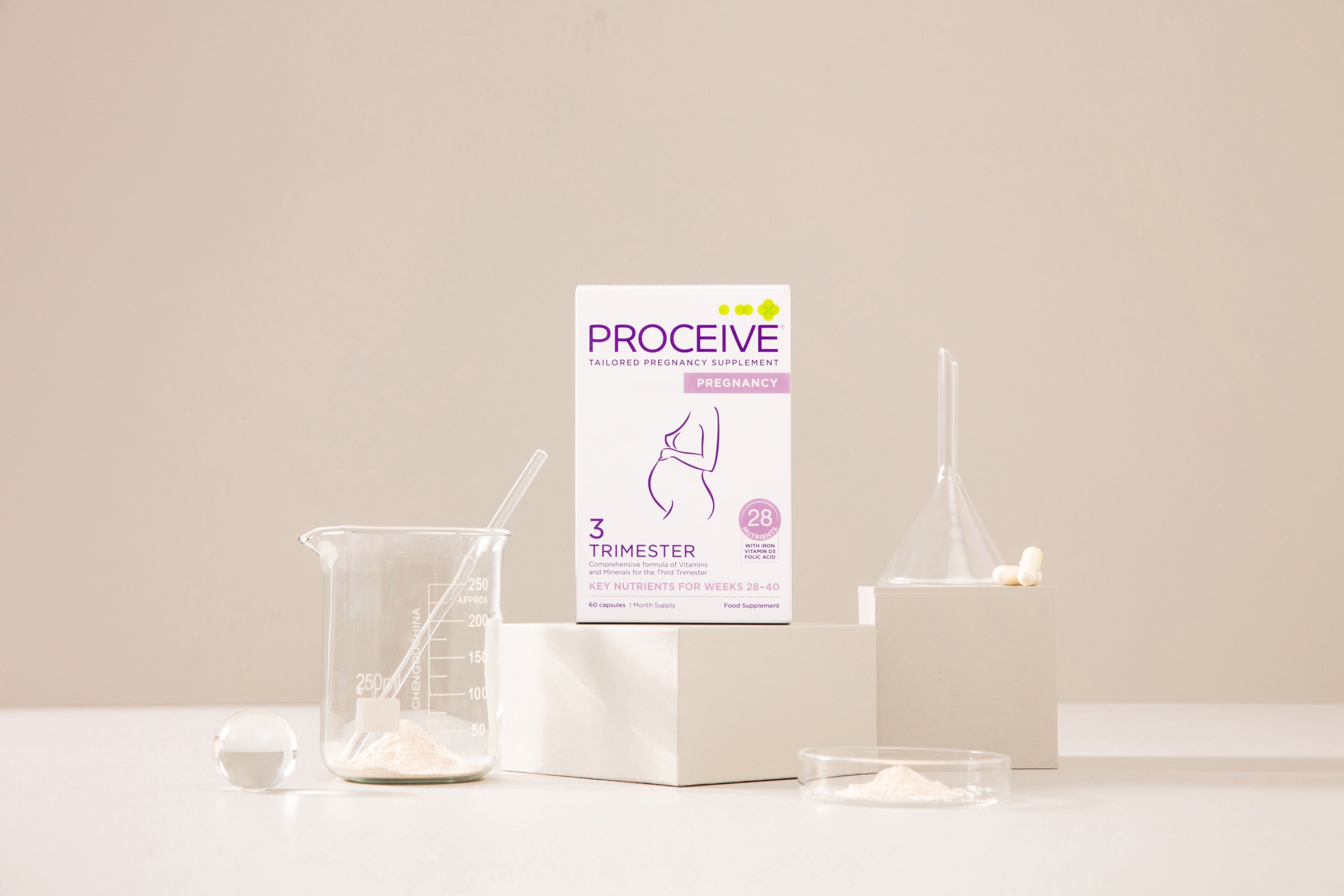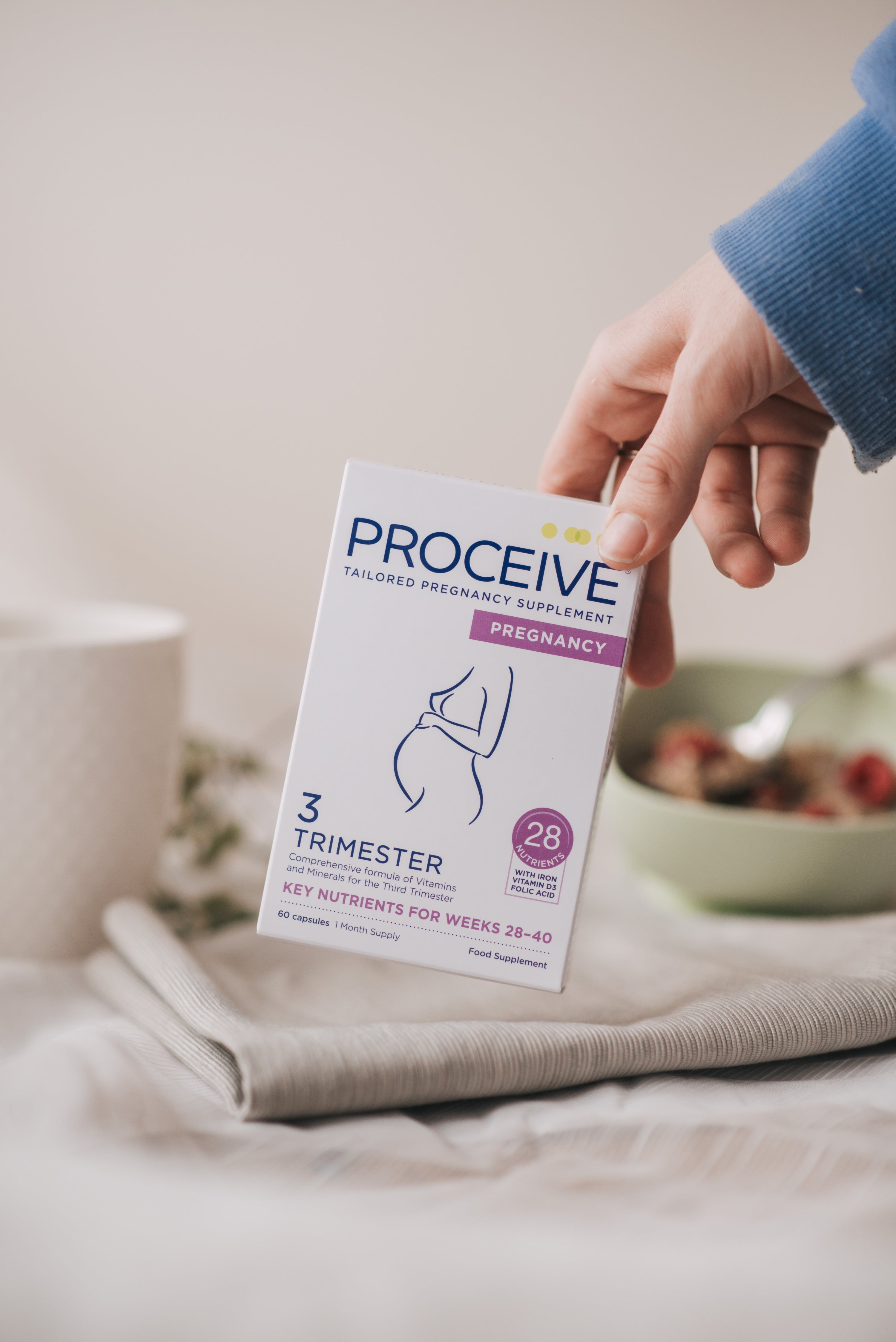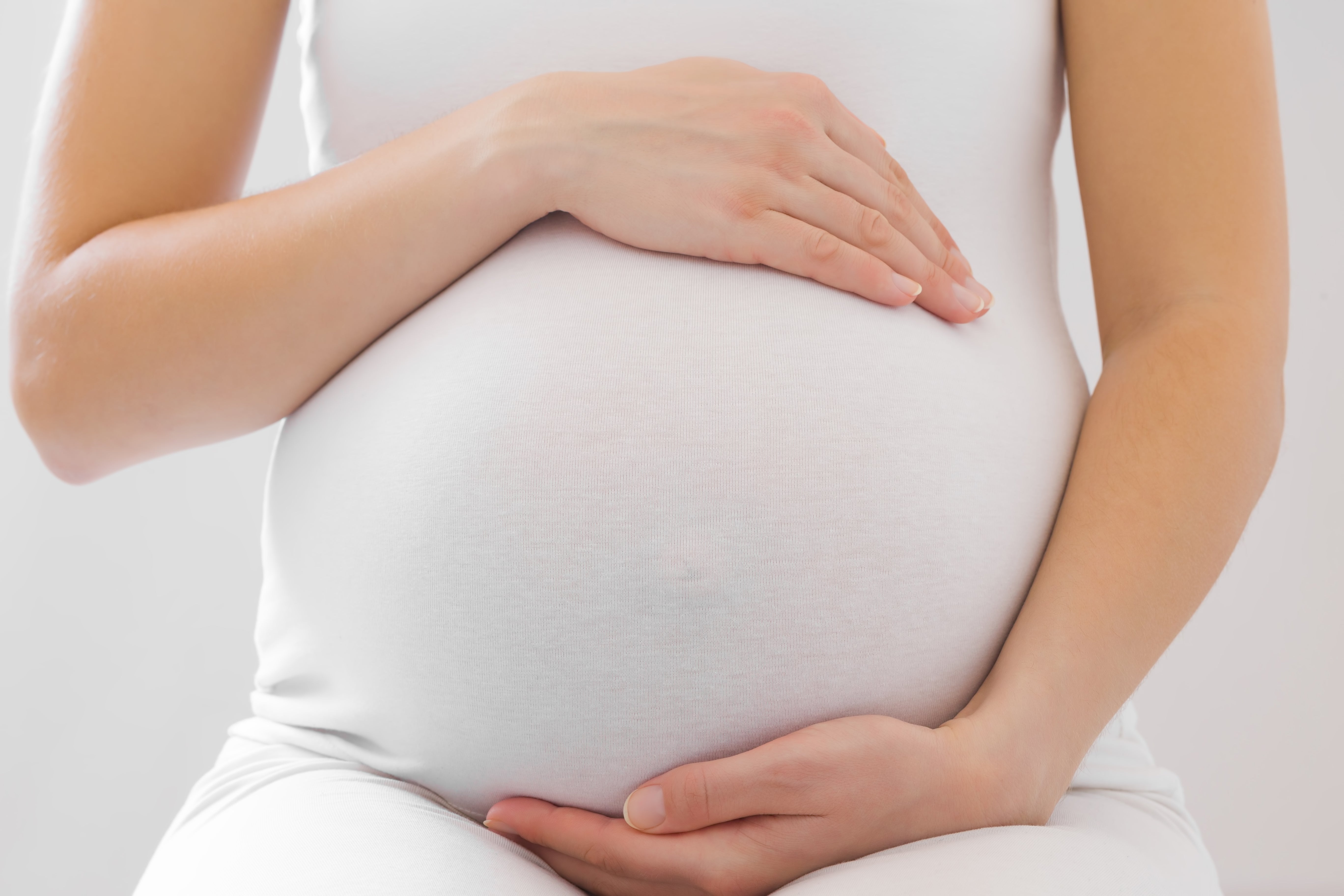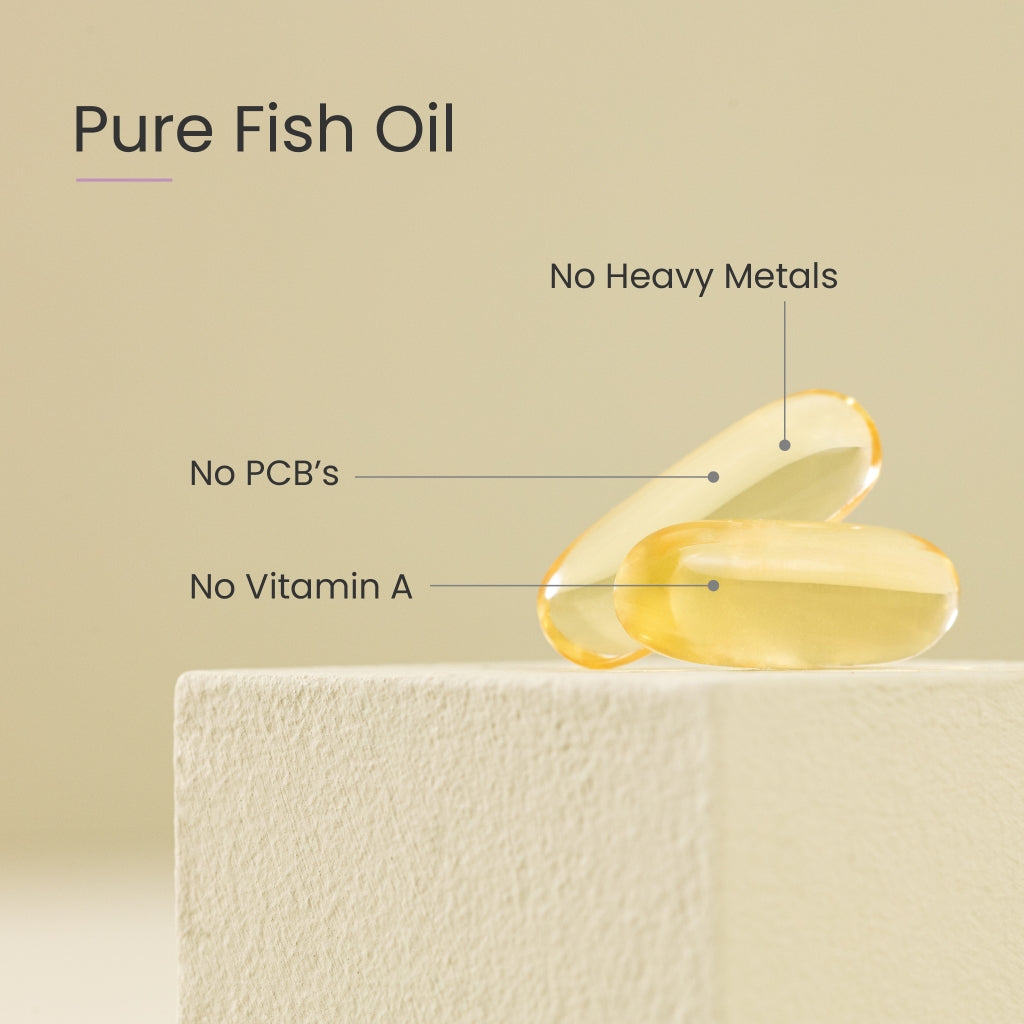
What to Expect in the Third Trimester?
Week 28 until the birth of your baby is known as the third trimester. The third trimester marks the home stretch, as the body prepares for the birth of your baby, the end of your pregnancy is in sight. You’re almost there! The foetus continues to grow in weight and size, and the body systems finish maturing.
During the third trimester, the baby continues to develop. The lungs and kidneys continue to mature. By the 36th week, your baby’s head may "engage" (drop into the pelvic area). This is a process called "lightening." The bones of the skull stay soft to make it easier to pass through the birth canal.
As the third trimester progresses it is very common to become more uncomfortable. As your baby grows and crowds the abdominal cavity, you may have a hard time taking deep breaths or getting comfortable at night for sleep. Making sure you can rest where possible is key in the third trimester.
Traditionally, anxiety or stress levels are known to be higher as pregnancy nears its conclusion, understandable as pre-labour nerves begin to kick in. Several changes and symptoms that your may experience during the third trimester include: Increased skin temperature as the foetus radiates body heat, causing you to feel warm/hot. The need to urinate more often because of increased pressure the baby puts on your bladder. Swelling of the ankles, hands, and face (oedema) as your body retains fluids. You may experience leg cramps may and heartburn. While false labour (Braxton-Hicks contractions) may start at irregular intervals in preparation for childbirth.
It is so important throughout your pregnancy to take care of yourself, but even more in the final trimester. Try and find ways to make sure you’re doing everything you can to make sure you’re as comfortable as possible and relax as often as possible before your little bundle of joy arrives and life gets a lot busier! Keeping you energy levels and health in check is crucial both during pregnancy and after the baby arrives.
By the end of the third trimester, your baby will be around 19 to 21 inches long and weigh between 6 to 9 pounds.

For Your Baby
Folic acid (Methylfolate)
Contains 400ug in its natural form to support greater absorption. Folic acid contributes to maternal tissue growth during pregnancy
Bones and Muscles
Vitamin D supports the maintenance of normal bones and muscle function
Heart
Vitamin B1 supports the normal function of the heart

For You
Iron
Contributes to normal formation of red blood cells and haemoglobin.
Tiredness
Iron, Magnesium, and Vitamin B2 contribute to the reduction of tiredness and fatigue
Brain
Pantothenic Acid (Vitamin B5) contributes to normal mental performance, while Magnesium contributes to normal psychological function

For You and Your Baby
Our Omega 3 product can be taken for additional nutritional benefit for you and your baby.
Eyesight Maternal intake of DHA contributes to the normal development of the eye of the foetus and breastfed infants.
Brain Development Maternal intake of DHA contributes to the normal brain development of the foetus and breastfed infants.
Heart Omega 3 EPA and DHA contribute to the normal function of the heart.

Omega 3
Omega 3 fatty acids are considered essential fatty acids (EFA’s). This means they are necessary for human health, but the body can’t make them - we have to consume them through food.
EPA (eicosapentaenoic acid) and DHA (docosahexaenoic acid) are two types of Omega 3 fatty acids that are abundant in oily fish, shellfish, and some algae. The body needs EPA and DHA omega 3’s to develop and function optimally at every stage of life. They are particularly important during conception, pregnancy and breastfeeding.








